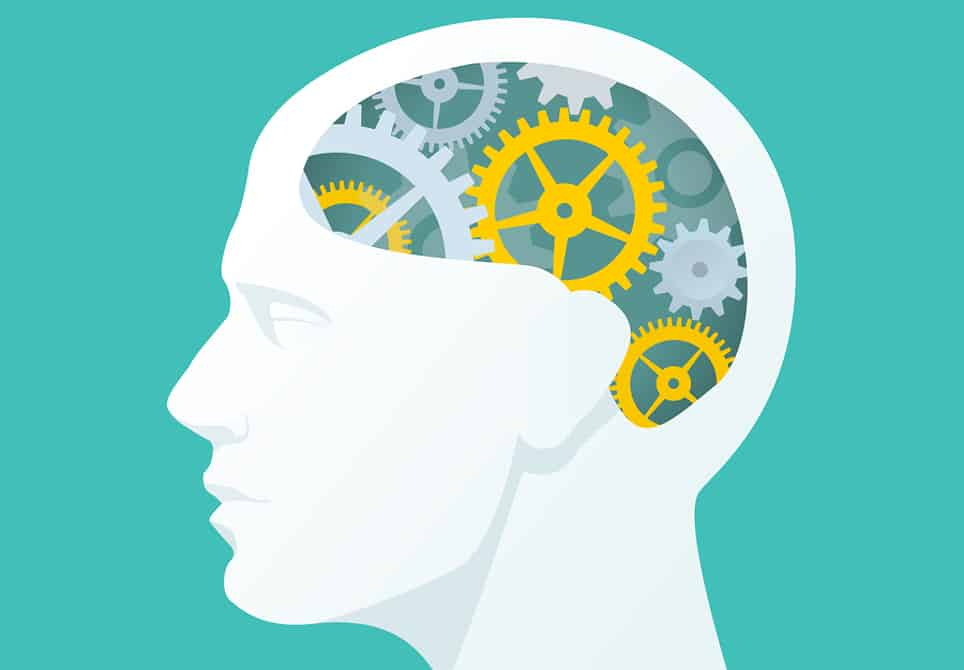Ed3 Weekly Issue #67: Hello AI My Old Friend
AI continues to shape our school and work lives
Hello web3 and education friends,
This week we will cover:
🎓 The role of technical and "soft skills" in the rapidly changing job market with generative AI
🧠 The delicate dance between AI advancements and human values in education
💻 The challenge for educators grappling with the advent of AI chatbots like ChatGPT
🔍 Unpack the insights from a report on the vital role of generative AI in shaping the future of education
If you haven’t subscribed yet, click here, or use the button below to join hundreds of others learning about the intersection of web3 and education.
The intersection between generative AI and deep learning is not just revolutionary but also a call for reflection and innovation. This week we delve into the compelling facets of how AI is not only shaping education and job readiness but also redefining the very essence of learning.
The emergence of generative AI underscores the need to balance technical acumen with human qualities. The adaptability of new graduates to a job market revolutionized by AI emphasizes not just hard skills but intellectual curiosity and flexibility. This insight heralds a new era where deep learning design must engage with critical thinking and lifelong learning.
As AI technology plays a larger role in our education system, there's a critical need to balance human values with technological advancements. The pursuit of deep learning must emphasize empathy, creativity, and purpose, ensuring that learning is not merely a reflection of AI capabilities but a nurturing of human potential.
In a world where AI can even perform students' homework, educators are prompted to rethink how they design learning. The task is not to outsmart AI but to harness it, fostering more engaging and authentic assignments. This scenario paints a picture of a future where the implementation of deep learning is an ever-evolving, complex, yet inspiring task.
The resources for this form a blueprint for the future learning, highlighting the importance of human-AI partnerships, unique human skills, and the prioritization of the learning journey. It stresses the urgency to demystify AI, emphasizing that the fusion of AI with education is not about replacement but a productive synergy.
AI and the Job Market
Image from McKinsey & Company
This article discusses how in today's rapidly evolving job market, the emergence of generative AI is a subject of both excitement and anxiety, especially among new graduates. The technology is set to revolutionize many industries, raising concerns about job displacement. However, embracing generative AI and acquiring the necessary technical skills can be a proactive approach.
In addition to technical skills it also emphasizes the importance of "soft skills" such as critical thinking, intellectual curiosity, and flexibility. These skills will remain valuable regardless of technological advancements. In a world where AI is becoming smarter, asking the right questions and maintaining a mindset of lifelong learning and adaptability will be crucial.
Balancing AI and Human Values
Image from Getting Smart
This article explores the need to balance AI advancements with uniquely human skills and values in education. It emphasizes purpose and contribution over purely economic or academic goals, proposing a formula that includes Skills, Reported Knowledge, Observed Phenomena, and Purpose. The article warns against overlooking any variable, stressing that qualities like imagination, empathy, and creativity must be nurtured alongside technology. It calls for an education system that amplifies human potential, ensuring that future generations don't lose sight of what makes us human in a highly developed AI world.
Outsmarting the AI
Vectorium / Shutterstock
With the advent of AI chatbots like ChatGPT, students are finding ways to have the AI do their homework, prompting educators to revamp assignments to make them more resilient to "gaming." This article discusses these tasks termed “assignment makeovers” by some, which are challenging, varying by subject and type of task. Teachers and colleges are scrambling to outsmart AI, while some simply ban such tools. Detection is not always effective, and blocking access is nearly impossible.
Meanwhile, 61% of surveyed K-12 teachers predict legitimate educational uses for these tools, and some educators are working to embrace AI, finding innovative ways to make assignments more authentic and engaging, albeit with complications and concerns. Some are seeking to strike a balance and involve students in defining fair use, recognizing the rapid evolution of technology, and the need for ongoing adaptation.
The Future of Education
This brief introduction highlights a report by the Next Level Lab, where Lydia Cao and Chris Dede discuss the vital role of generative AI in shaping the future of education. They stress the importance of demystifying AI and focusing on aspects that AI cannot replace, like fostering human-AI partnerships, cultivating unique human skills, and prioritizing the learning process. Link to the extensive and detailed report in the article that addresses concerns such as plagiarism and job replacement, and proposes a constructive approach to integrating AI in education.
Thank you for stopping by for another issue of my web3🤝education newsletter. If you’re on LinkedIn you can check out a version of this newsletter on my LinkedIn page and give me a follow. You can also link to all my work by checking out my website or give me a follow on Twitter.





